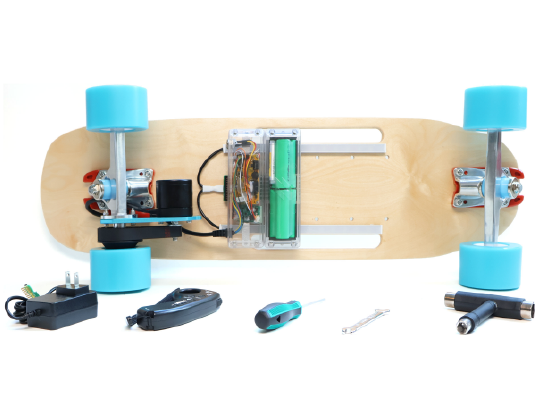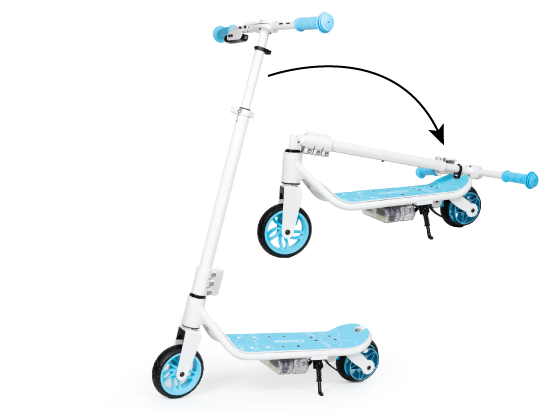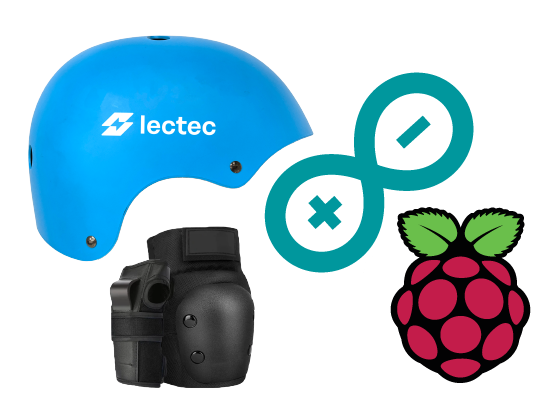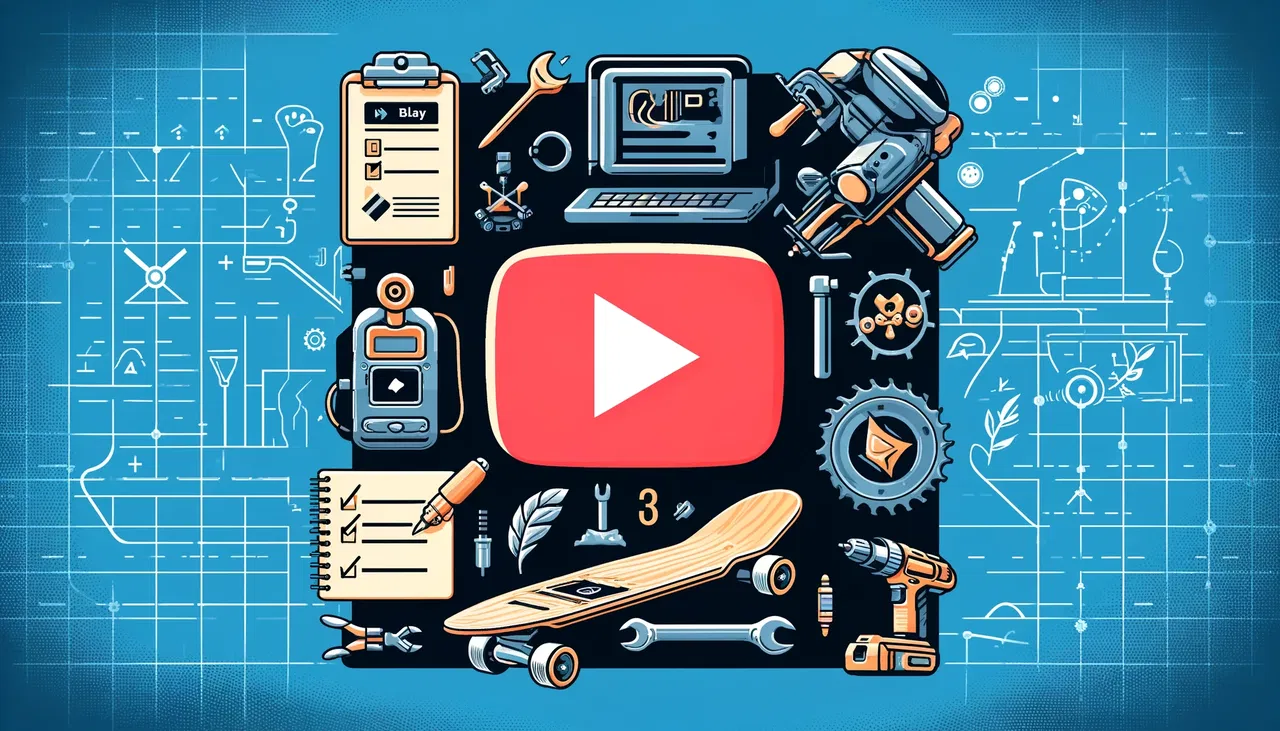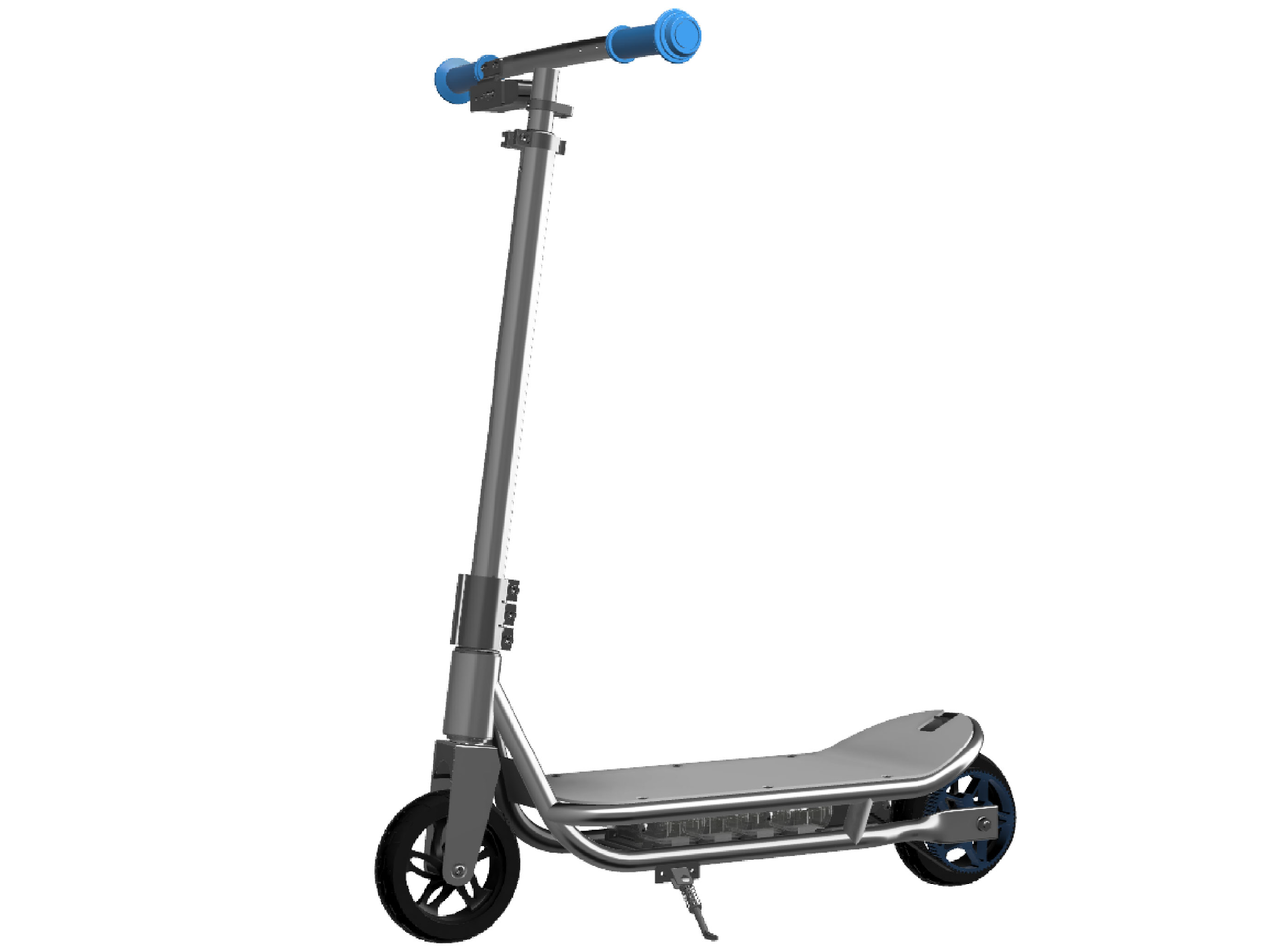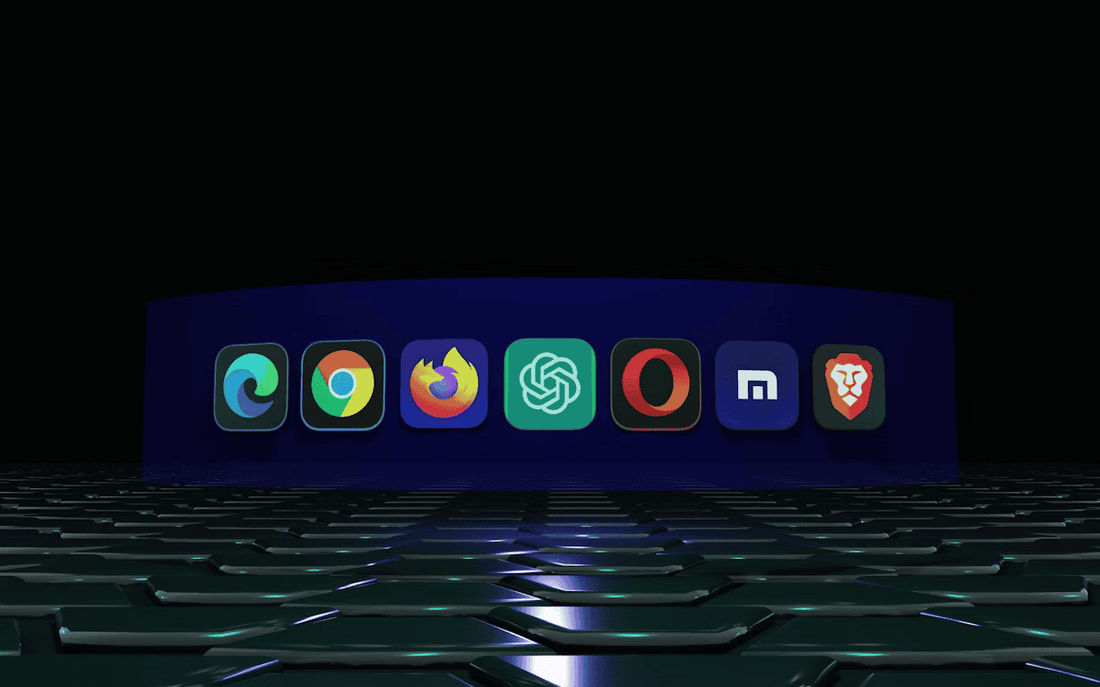
AI Cheating: Can Hands-on Activities Help Teachers? | Lectec
Share
Artificial Intelligence (AI) is no longer a distant concept—it’s here, rapidly transforming the educational landscape. AI has made its way into schools and classrooms, offering new tools that can reshape how students learn and how teachers teach. From AI-powered tutoring systems to grading tools, the rise of AI presents both opportunities and challenges for educators.
Recently, AI tools like ChatGPT and other generative AI systems have advanced in ways that directly affect education. These tools can generate entire essays, solve complex math problems, and provide instant feedback to students, making learning more accessible. However, issues with academic integrity are now as prevalent as ever.

AI-Driven Cheating: The Rise of AI Detectors
One of the most pressing issues in education that AI presented is AI-assisted cheating. Students now have access to AI platforms that can produce homework, essays, and even exam responses. It can be difficult to distinguish between AI and someone’s own work leading to an increase in demand and importance of AI detectors.
These detectors are designed to flag AI-generated content. Tools like Turnitin and GPTZero have begun incorporating AI detection capabilities to help educators identify when a student's work is potentially AI generated. According to Quartz.com, “A report from Turnitin…said that over 22 million student papers (11% of the sample reviewed by the company) used AI to generate at least 20% of the writing since April 2023.”

How Can Hands-On Activities Help Counter AI-Driven Cheating?
One of the most effective ways to mitigate the risk of AI-assisted cheating is to incorporate more hands-on activities into the curriculum. These activities focus on real-world application and direct student engagement, making it much harder to cheat by using AI tools. Lectec’s electric vehicle kit is the perfect tool for an effective hands-on activity.
-
Authentic Learning Experiences
Lectec’s electric vehicle kits provide students with hands-on projects that require them to actively engage in building, designing, and testing their creations. For example, assembling an electric skateboard or electric scooter involves manual dexterity, problem-solving, and the application of engineering principles—all tasks that cannot be easily replicated by AI. These projects ensure that students' work is a direct reflection of their effort and understanding of key STEM concepts, reinforcing authentic learning.
-
Process Over Product
At Lectec, the emphasis is not just on the final product but on the entire building process. Students learn using our LMS which are full of engaging lessons on STEM subjects and sustainability. They are evaluated based on their approach to the project, how they troubleshoot issues during the build, and how they collaborate with others. For instance, in assembling electric vehicles, students must navigate wiring, mechanical adjustments, and battery configurations—making it nearly impossible for them to rely on AI-generated solutions. The process-focused learning also allows teachers to assess student engagement and problem-solving skills in real-time.
-
Encourages Critical Thinking and Problem-Solving
Lectec's hands-on projects challenge students to think critically and solve real-world engineering problems. Whether it's designing a vehicle that can handle specific terrain or troubleshooting battery connections, students are constantly pushed to apply their STEM knowledge. By working through these challenges, students develop a deeper understanding of the principles of physics, electricity, and mechanics, making it hard for AI to replace the problem-solving aspects of the learning experience.
-
Collaboration and Accountability
Lectec promotes group-based activities, such as collaborative electric vehicle builds, where students work together to achieve a common goal. These group projects foster accountability as students must contribute to their team's success. Additionally, each student is expected to explain their role in the build process and how they overcame challenges, making it difficult to rely on AI assistance without being actively involved in the project.
Hands-On Learning as a Solution to AI-Assisted Cheating
As AI continues to reshape education, the risk of AI-assisted cheating is becoming a real challenge for teachers. However, hands-on learning activities offer a powerful solution. By requiring students to engage directly with materials, problem-solve in real time, and demonstrate their understanding through action, hands-on projects make it much harder for AI to replace genuine student effort.

These activities also shift the focus from simply producing a final product to valuing the learning process itself. With real-time assessment and collaboration built into hands-on learning, teachers can better ensure academic integrity while fostering deeper engagement with the material


